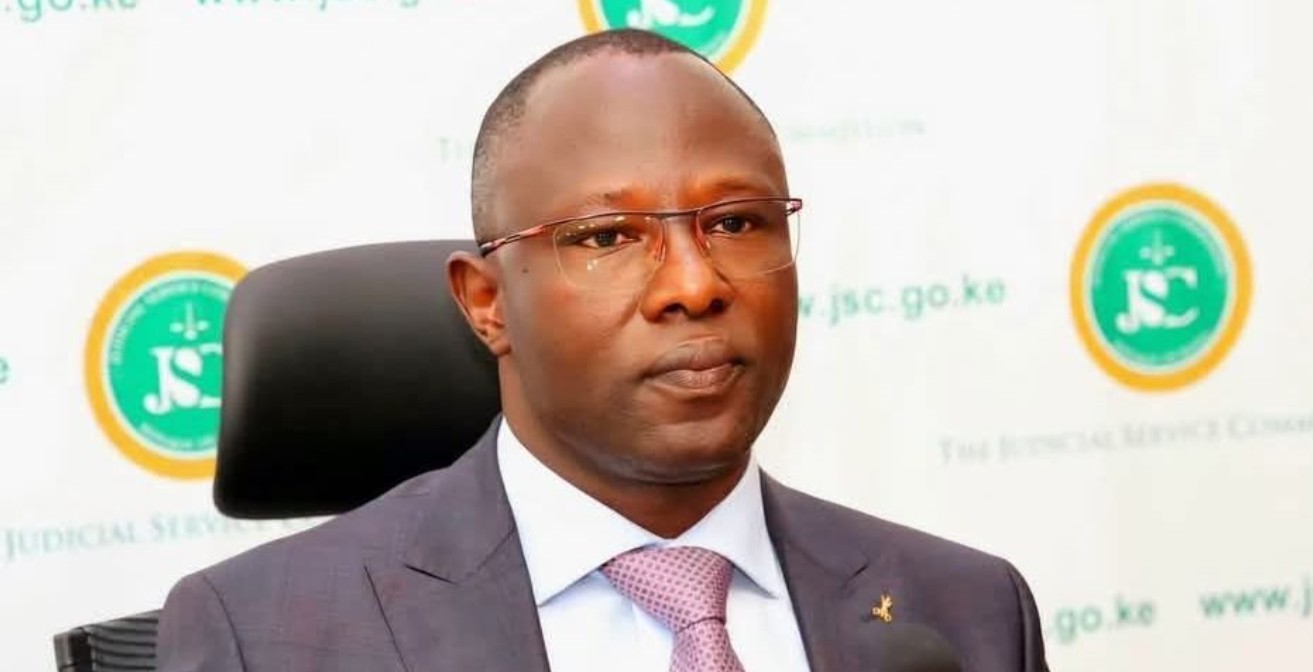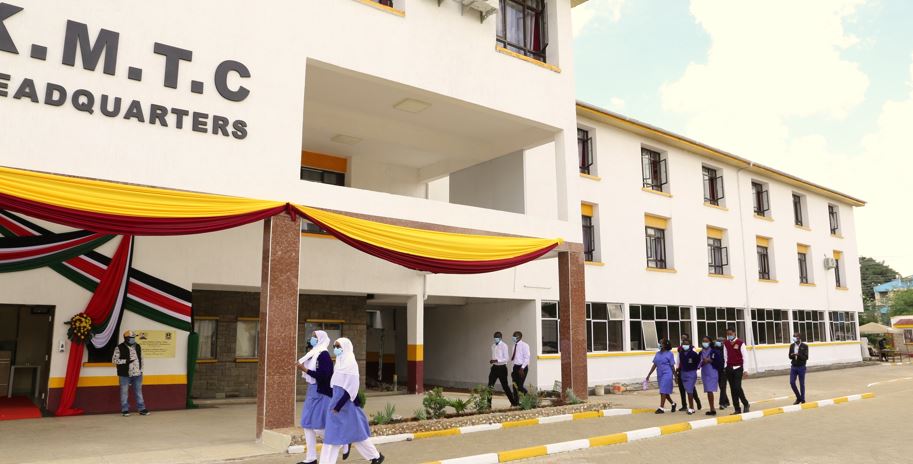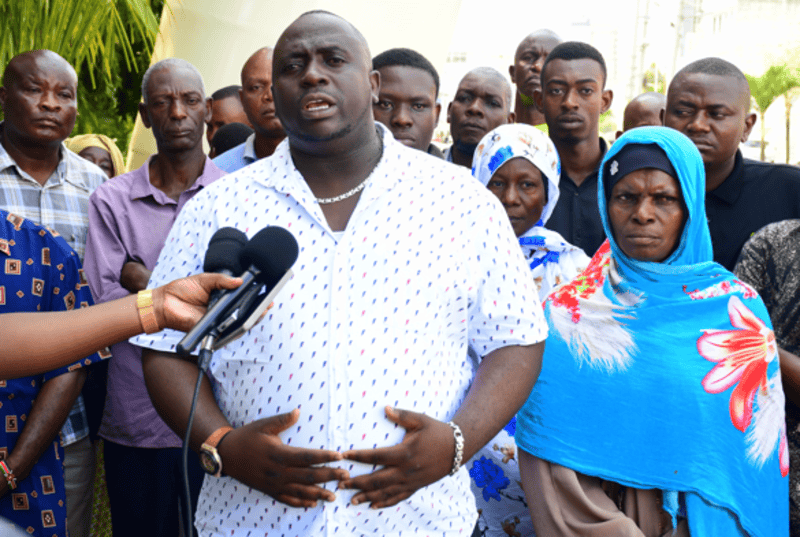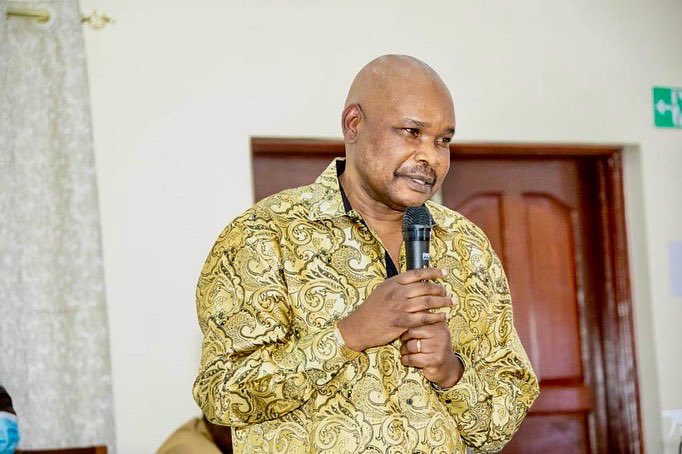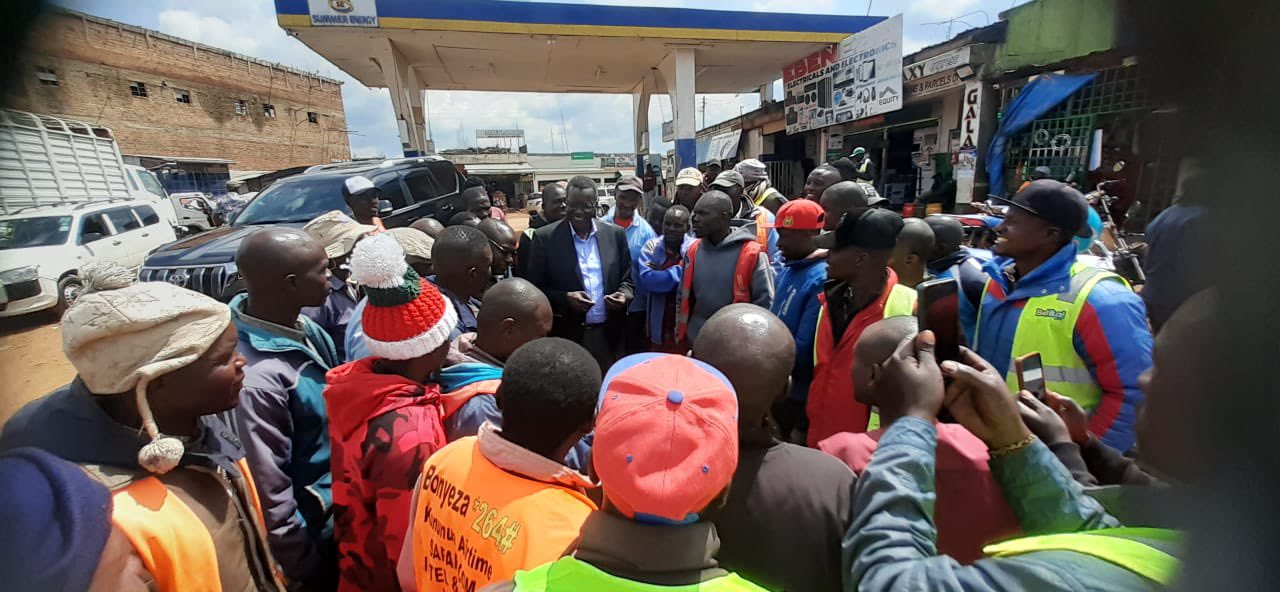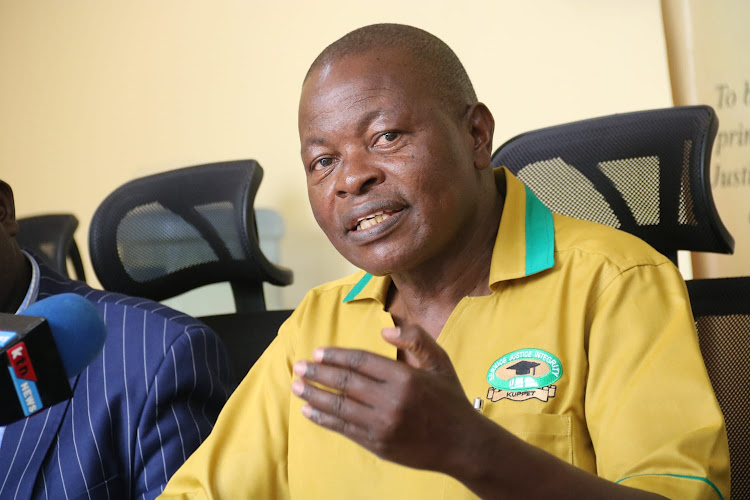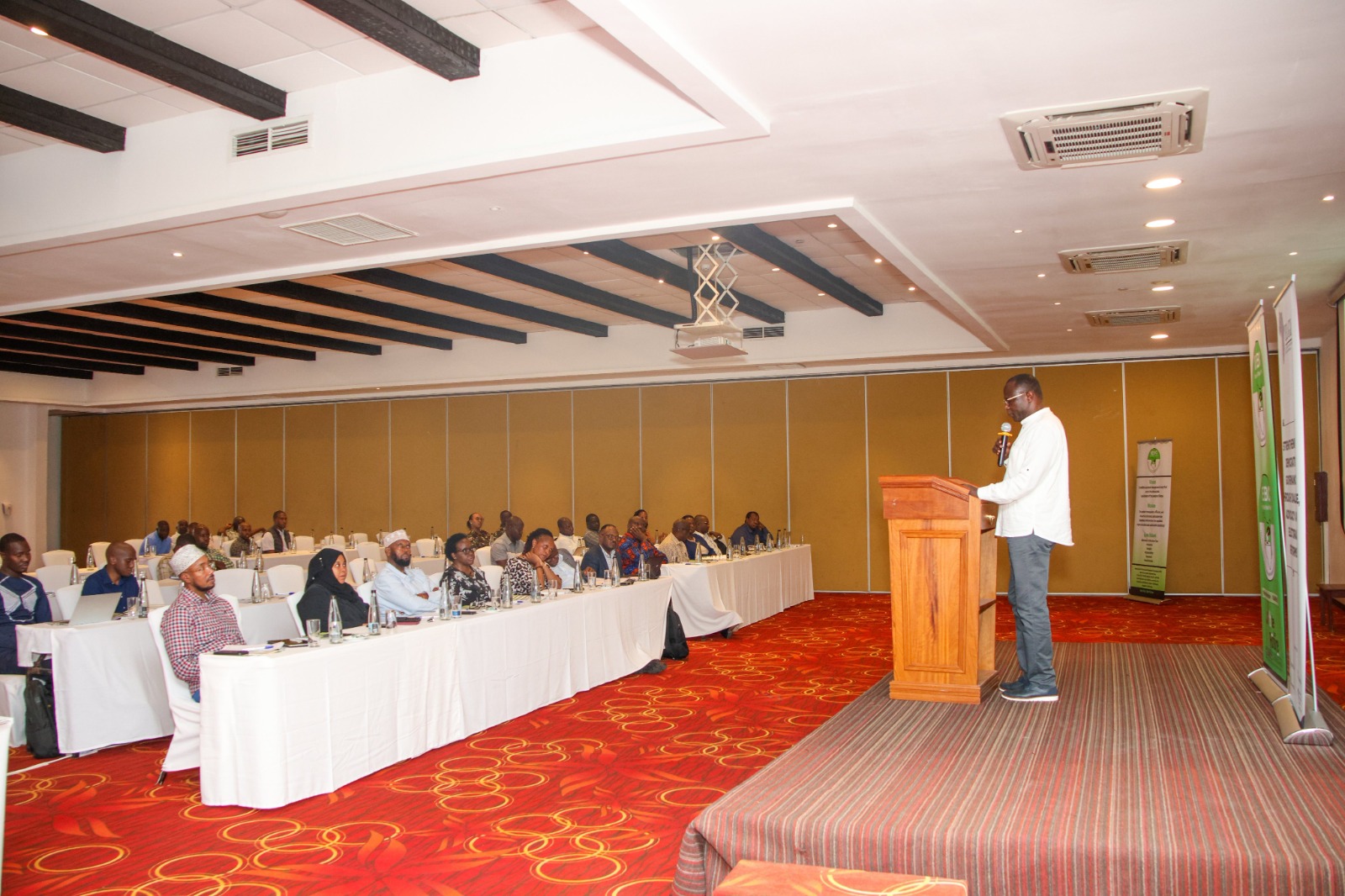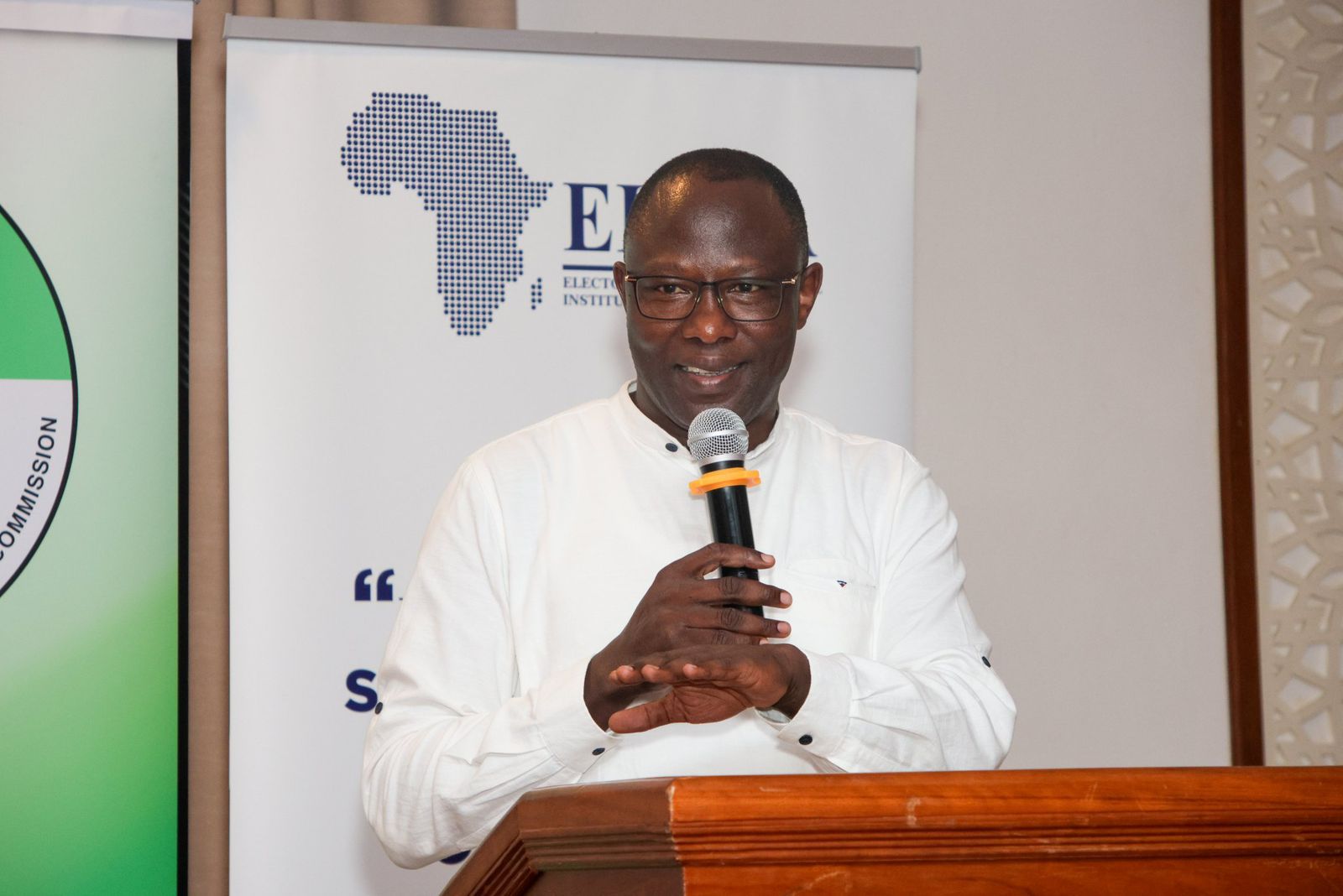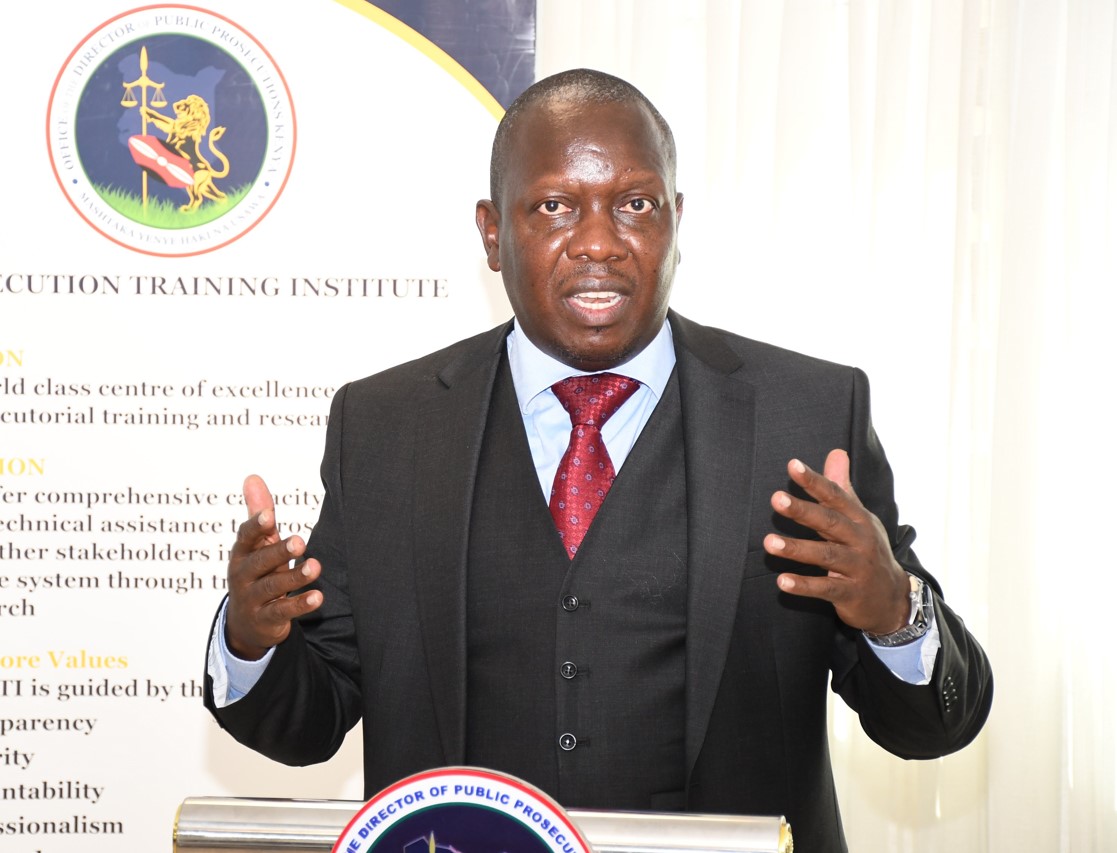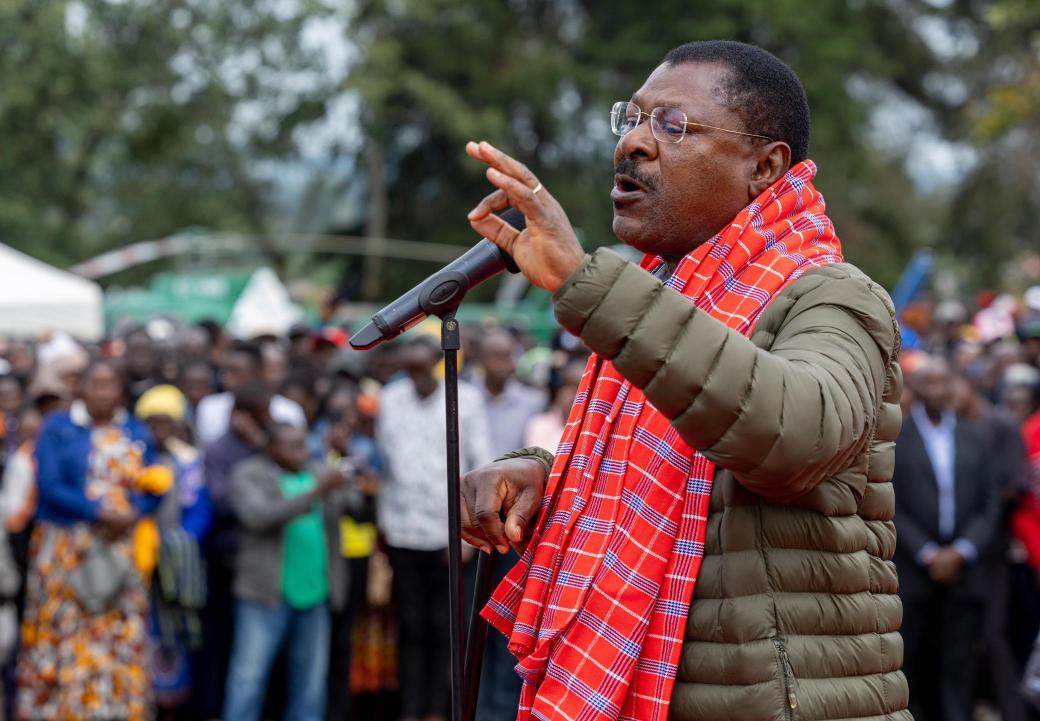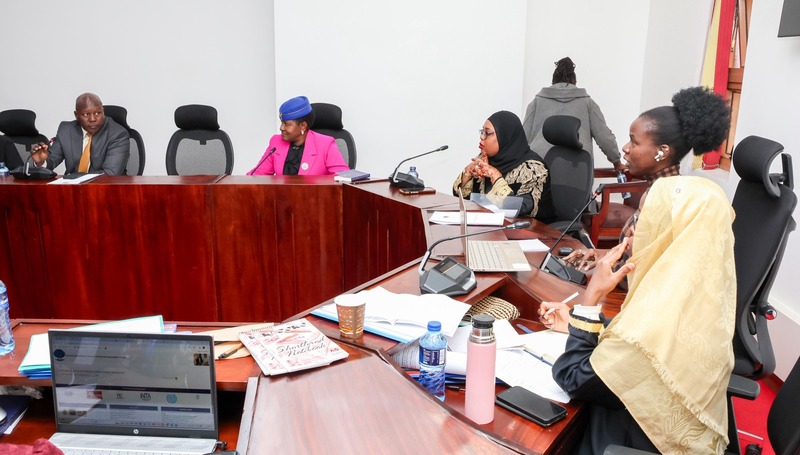Deadly clash over a gold mine leaves two people dead in Moyale
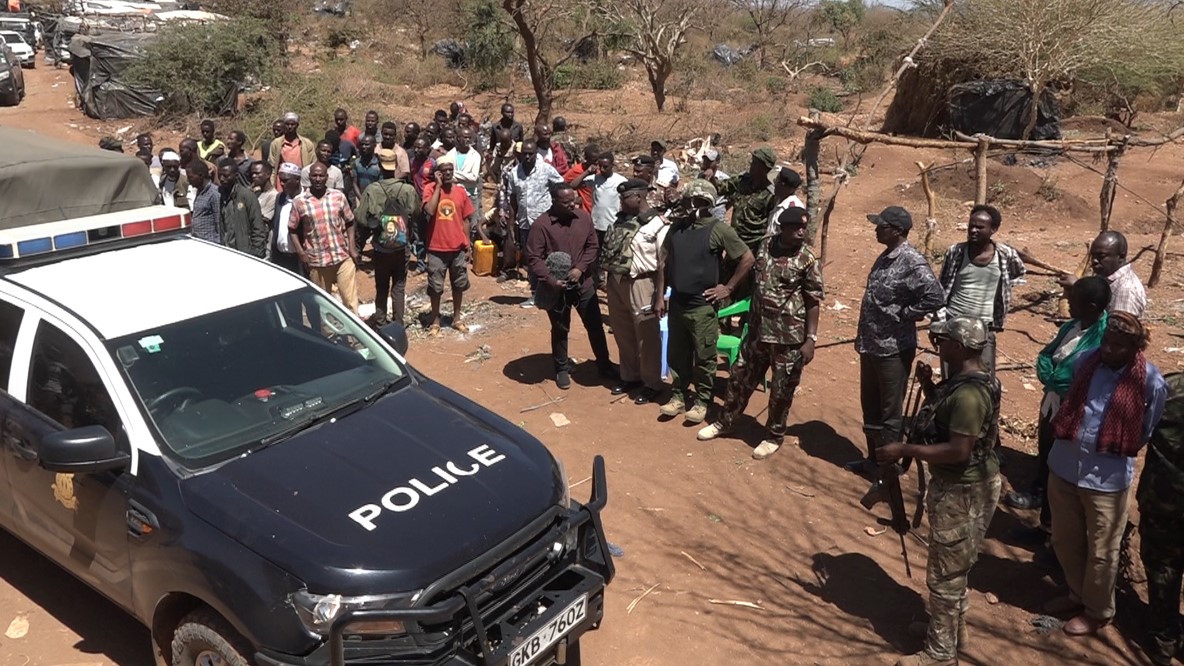
Despite the official closure of the Hilo gold mining site for safety reasons, desperate illegal miners continue to frequent it.
A violent confrontation over a gold mining site in Hilo, Moyale, Marsabit County, left two people dead, including a police officer, on Friday.
The authorities identified the deceased as Constable George Mukoma from the Border Patrol Unit and Hassan Harrow Odono, a civilian. Mukoma, stationed in Hilo to combat gang activity, was killed, and his G3 rifle, loaded with 20 bullets, was stolen during the clash. Amid the violence, Odono also sustained a gunshot wound.
More To Read
Despite the official closure of the Hilo gold mining site for safety reasons, desperate illegal miners continue to frequent it. The site’s closure has not deterred these miners, leading to frequent confrontations with authorities.
According to police reports, the clash began around 1 am on Friday, when a large group of about 3,000 people forcefully entered the Hilo Walikiti gold mining site and began pelting stones at security officers guarding the site. Although the officers managed to repel the attackers initially, the group returned two hours later, armed with crude weapons. Once again, the police were able to disperse them.
However, the attackers came back a third time around 8 am, this time armed with guns and crude weapons. They began shooting and throwing stones at the police officers, prompting the officers to return fire.
One of the attackers was killed in the subsequent commotion, and Mukoma was fatally shot, losing his handgun to them. Police rushed one seriously injured officer to the hospital.
Investigations into the incident began as the mortuary received the bodies of the deceased.
The Hilo gold mine, situated near the Kenya-Ethiopia border in Dabel, has been a focal point for gold mining activities, attracting numerous youths seeking to earn a living despite the government's closure of the site on March 14, 2024, due to safety and security concerns.
Former Interior Cabinet Secretary Kithure Kindiki ordered the closure of the Hilo mining field following deadly clashes between communities over mining rights, which left seven people dead.
Kindiki visited the area in March and implemented measures to curb the escalating violence and criminal activities, including a ban on all artisanal mining activities and unlicensed commercial mining.
"This week, gang rivalries among the illegal artisanal miners on site killed seven people, including two aliens," Kindiki said. He also highlighted cases of rape, defilement, and gender-based violence reported in the area.
A special team from the Directorate of Criminal Investigations (DCI) has taken over the investigations to identify and apprehend the offenders. The government has also directed the National Environmental Management Authority (NEMA) to conduct environmental impact assessments at mining sites to ensure they meet public safety and environmental standards before any mining operations can resume.
Despite the government's efforts to regulate mining activities, illegal mining persists due to the residents' economic hardships. Other parts of the country, such as Kakamega and Vihiga counties, have reported similar incidents where miners risk their lives searching for gold.
The use of heavy machinery in artisanal mining, which weakens the sites and makes them unsafe, has been a significant concern. Small and medium-sized enterprise miners, who often overlook safety practices in their quest to extract precious minerals, carry out the majority of gold mining activities.
The government, in response to these challenges, has mandated the licencing of all mining operations and the adherence to environmental guidelines, urging miners to cease using heavy machinery and adhere to safety protocols to prevent further tragedies.
Top Stories Today
